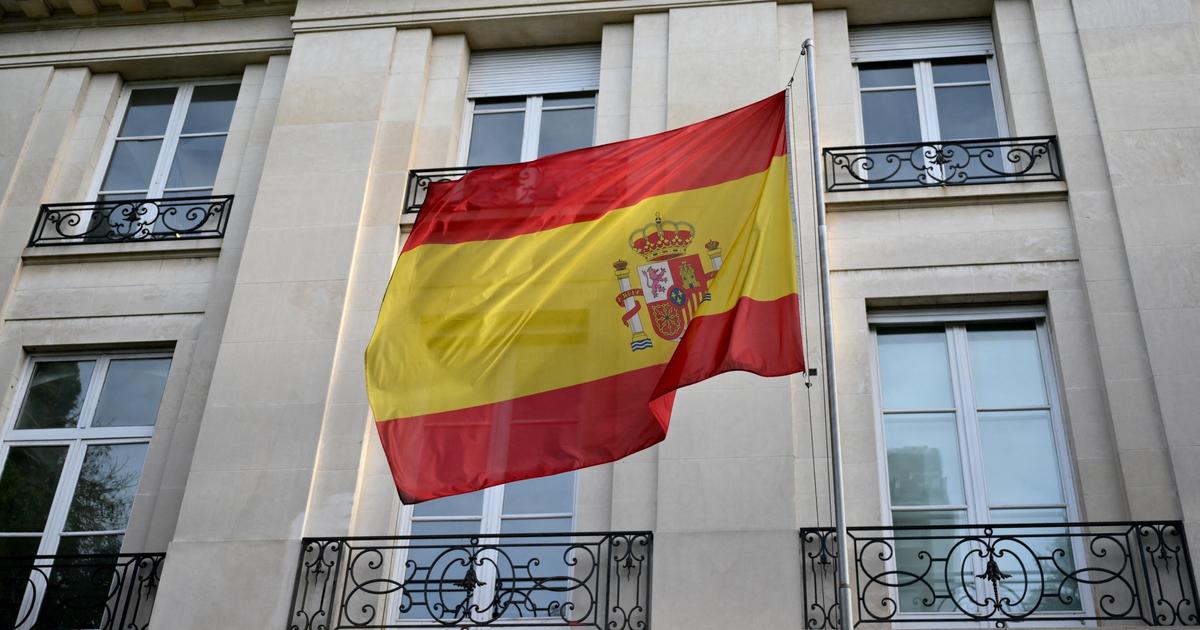Diplomatic Tensions Erupt Between Argentina and Spain
A diplomatic crisis has reached a critical point between Argentina and Spain after Spanish Minister of Foreign Affairs, José Manuel Albares, announced the final withdrawal of Spain's ambassador from Buenos Aires. The deterioration in relations came after Argentine President Javier Milei made derogatory remarks about the wife of Spanish Prime Minister Pedro Sánchez during an international gathering of far-right groups.
Spain demanded an apology from Milei for his comments, but none was forthcoming. Instead, Milei doubled down on his accusations, alleging corruption and influence peddling involving Sánchez's wife, Begoña Gómez. This marks the second time Sánchez has been targeted by Milei, sparking outrage and prompting Spain to recall its ambassador for further consultations before eventually deciding on a more permanent withdrawal.
Consequences of the Diplomatic Fallout
The strained relationships have raised concerns among citizens regarding how this will affect consular services. However, Argentine spokesperson Manuel Adorni assured that there were no plans for reciprocal actions and that the Argentinian ambassador in Madrid would continue in his duties. Spain's consular operations in Argentina are also expected to remain functional, and essential diplomatic activities are set to continue under adjusters such as chargé d'affaires.
The fallout also exposed larger political and ideological divides, with figures like Marine Le Pen of France and José Antonio Kast of Chile participating alongside Milei in partisan events without engaging with Spanish national authorities. This unconventional diplomacy has added another layer of complexity, leading to criticisms of the erosion of formal diplomatic norms.
Tensions have stirred not only the governments but also the business community in Spain, with many Spanish businessmen expressing disapproval of Milei's remarks. This marked a significant escalation that might, if left unchecked, lead to further diplomatic disengagement.
Historically, such diplomatic snubs have resulted in an array of consequences, from freezing bilateral relations to increased formal steps like the declaration of persona non grata. Yet, despite the tensions, both sides continue to stress the indissoluble cultural and social ties linking the two nations. Over 510,000 Argentinians reside in Spain while nearly 482,176 Spaniards live in Argentina, highlighting the deep human connections that transcend political disagreements.
- While the immediate diplomatic fallout has raised concerns, experts suggest that such tensions usually fade over time. Fernando Petrella, a former Argentine vice chancellor, emphasized that consular operations governed by separate treaties would remain largely unaffected, providing necessary services to citizens.
- Petrella noted the seriousness of the diplomatic measures but also pointed out that the conflict is likely based on temporary political sentiments rather than a fundamental break in relationships. This sentiment was echoed by other diplomats, who anticipated that the diplomatic frost could thaw, especially given the strong historical and cultural bonds between the two countries.
- The Vienna Convention on Diplomatic Relations, which has guided international diplomacy since 1964, sets the framework for managing such disputes. Although it doesn't prescribe exact measures for severance of relationships, it ensures that even amid diplomatic conflicts, the mission premises and consular operations continue to be respected and protected.






